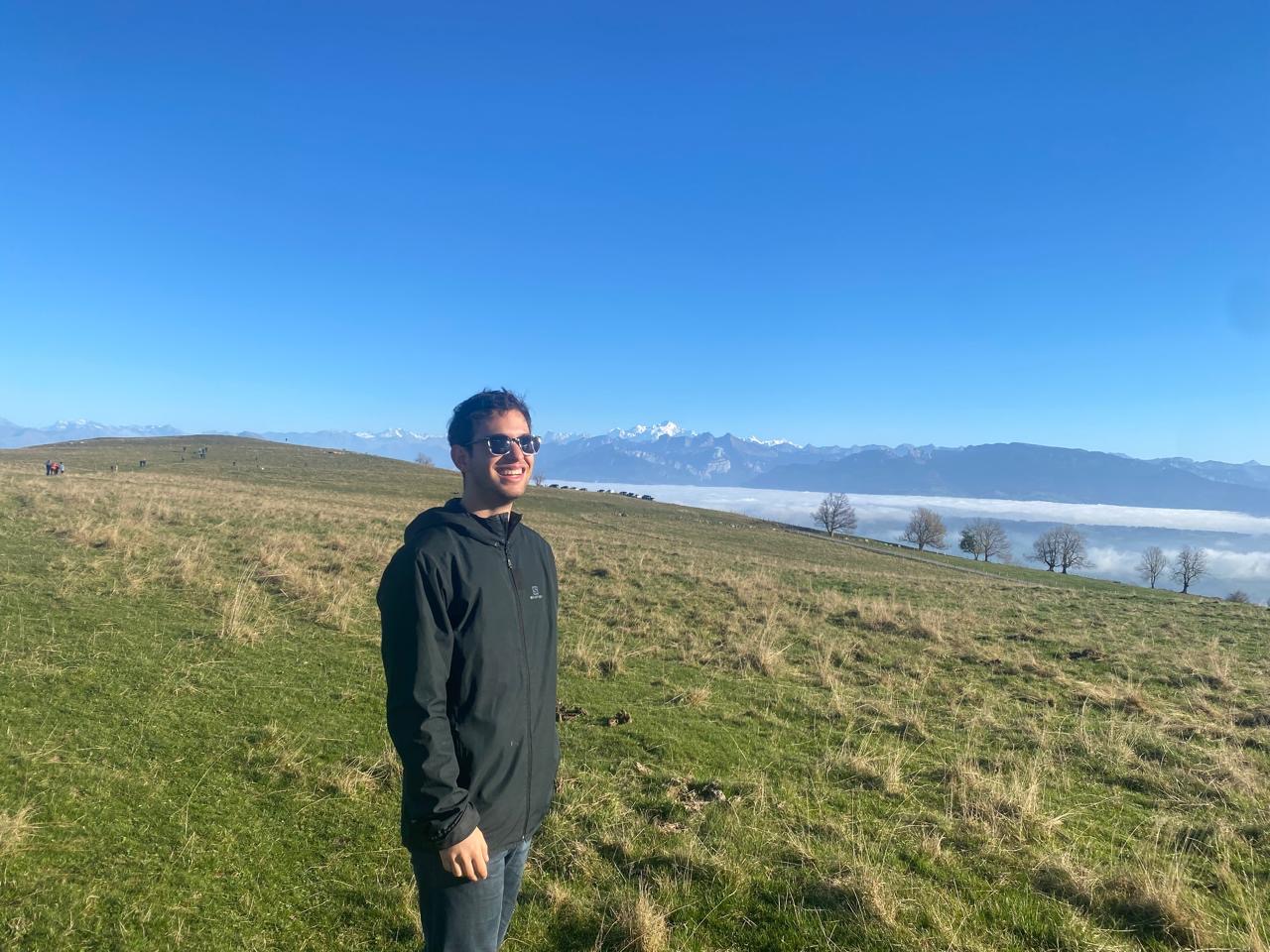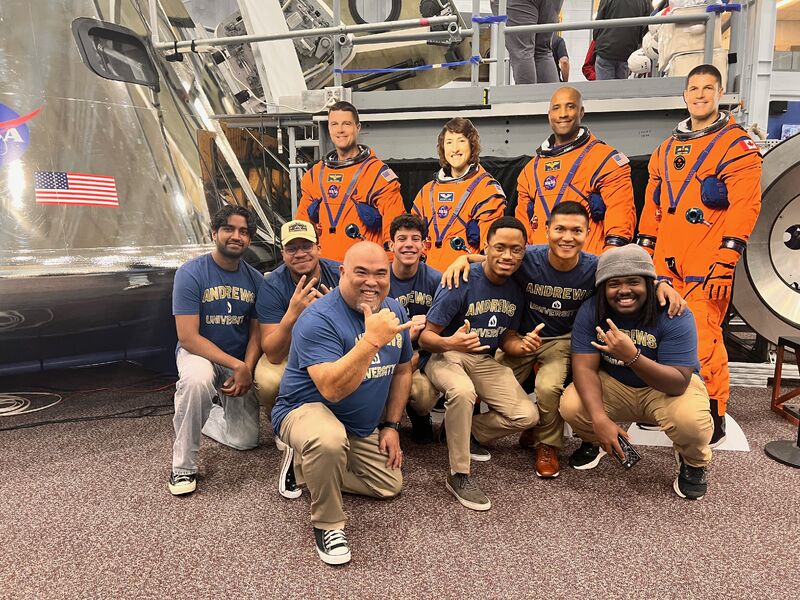Introduction
As an International Business student with a passion for languages, Gabriel Rojas’ decision to study abroad in France has proven to be more than just an academic journey—it’s been a transformative experience. This has reshaped his views on business, culture, and the global market. In this story, Gabriel shares about his current experience of studying abroad at Adventist University of France. He shares about the cultural differences he’s encountered, and how his experiences are shaping his future career in international business.
From Colombia to France: Why Learning French Matters for Global Business
Gabriel, originally from Colombia, is a Junior studying International Business and French. He is currently spending a year abroad in France, immersing himself in the culture, language, and business environment. His motivation for studying in France goes beyond academics. It is about mastering the French language to unlock future opportunities in international business.
As Gabriel explains, “Learning another language opens new doors, quite literally. It makes it easier to connect with people who speak that language.” For Gabriel, learning French is more than just a challenge; it’s a strategic career move. French is one of the most widely spoken languages in the world, especially in business contexts. By mastering French now, Gabriel believes he is positioning himself for future success in global markets.
Navigating Cultural Differences: Business Etiquette in France vs. the U.S.
One of Gabriel’s experiences in France has been discovering the differences in business practices between the U.S. and France. Particularly, the level of formality and directness in communication.
“In France, formalities are taken very seriously. Writing an email here is like writing to royalty,” Gabriel explains. He adds that the vocabulary he uses with his coworkers is different from what he uses with his boss. “I talk to my coworkers using the informal ‘you,’ but with my boss, I refer to them as ‘thou’—it’s a clear cultural divide.”
Gabriel has also observed that the French are direct when providing feedback. Unlike the more polite, sometimes indirect feedback culture in the U.S., the French are not shy about pointing out mistakes or areas for improvement. “They won’t sugar-coat things or offer compliments before giving criticism,” Gabriel notes. “This directness is refreshing—it helps things get done faster.”
Another difference is the work-life balance. In contrast to the U.S. mentality of “working through lunch” and long hours at the office, Gabriel noticed that the French take their breaks and lunchtime seriously. “Lunch breaks are sacred here. It’s not just about eating; it’s also about socializing with coworkers.” Gabriel’s own experience has been much more balanced, as he notes, “My boss in the U.S. never ate lunch, but here, I find there’s a better balance between work and personal time.”




Shaping a Global Perspective
Living and studying in Europe has also given Gabriel a firsthand understanding of the global markets. Europe’s free trade agreements make international business more accessible than in the U.S. “In the supermarket, I see products from all over the world,” Gabriel shares, “and the EU’s system of importing and exporting goods makes cross-border trade easier.”
Gabriel has also noticed how learning multiple languages is a key asset for anyone pursuing a career in international business. The people he has met in France speak at least two or three languages, and some of his friends are fluent in five. “Speaking multiple languages is essential in Europe,” Gabriel says. “For example, if I want to work in banking in Switzerland, they usually require you to speak one of their national languages, like French, as well as English. So, if you don’t speak French, your options are limited.”
His experience in France has reinforced the idea that language skills are necessary for success in the global business arena. Learning French is more than communicating with locals—it’s about gaining access to opportunities in the international job market.
Advice for Aspiring International Business Students
Gabriel’s advice to fellow International Business students considering studying abroad is: take the leap. “Studying abroad will make you grow, not only academically but also personally. It opens up a new way of seeing education, work, and relationships,” he says. Gabriel emphasizes that, while staying within your comfort zone may feel safe, the growth that comes from studying abroad is irreplaceable. “Even if you make mistakes when speaking a new language, people appreciate the effort. The more you put yourself out there, the more you’ll learn.”
Final Thoughts
“I’m learning about life and business here in France, and I feel more prepared than ever to work in this kind of environment after graduation,” Gabriel reflects. “Studying abroad has shown me that the world is much bigger than I initially thought, and there are endless opportunities to explore, learn, and grow.”
Gabriel Rojas’ story shows the power of studying abroad in shaping both personal and professional development. For International Business students, there’s no better way to understand global markets, cultures, and business practices than by experiencing them firsthand.
Whether you’re considering studying abroad for a year or just exploring new countries, Gabriel’s experience proves that the rewards of living and learning in a foreign country are invaluable for your future career in International Business at Andrews University.




